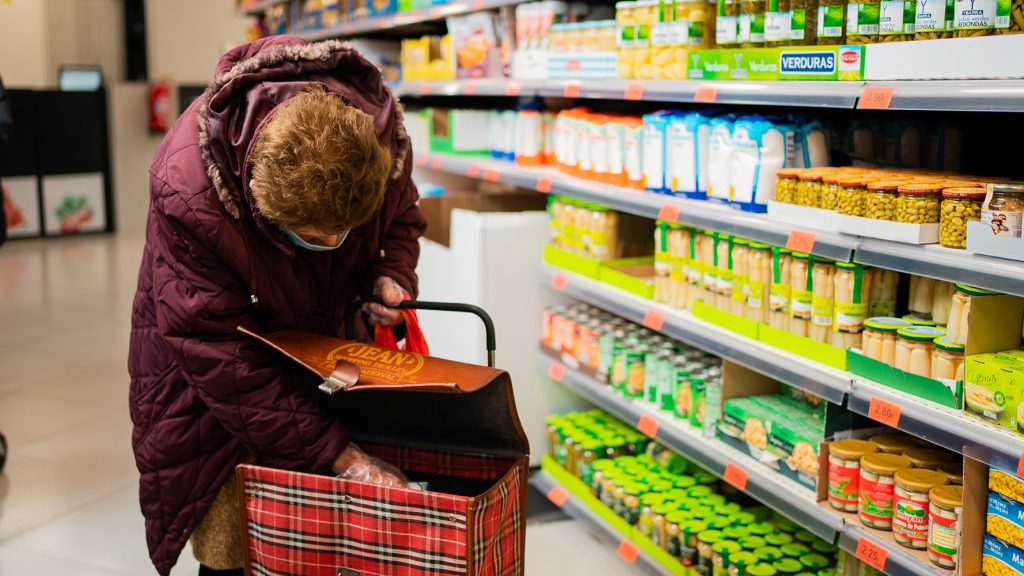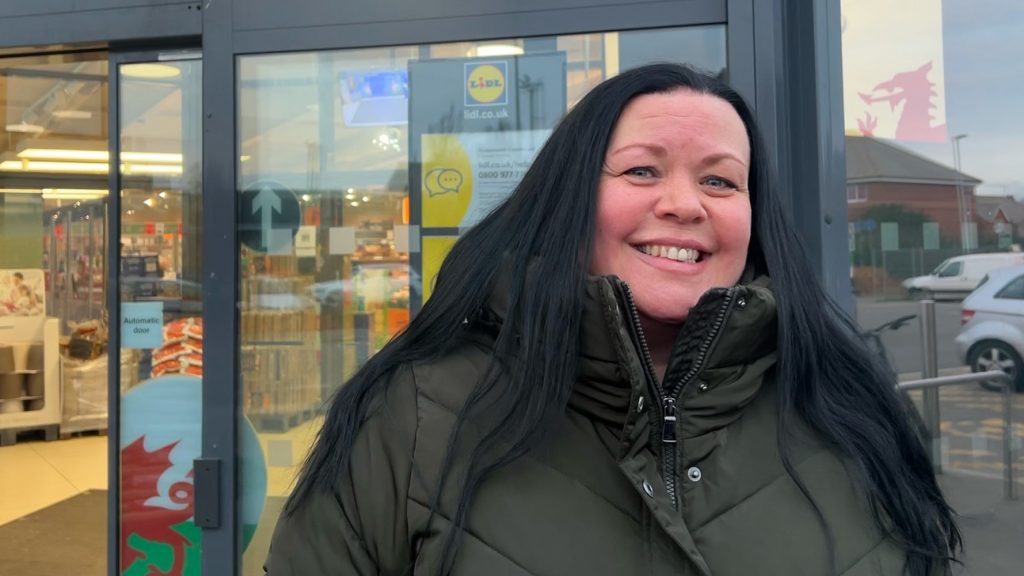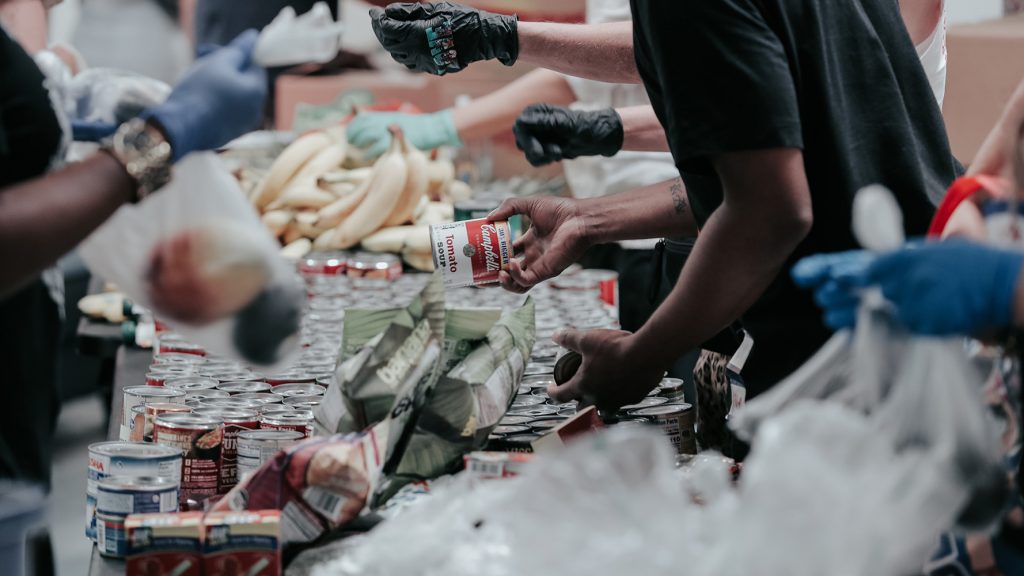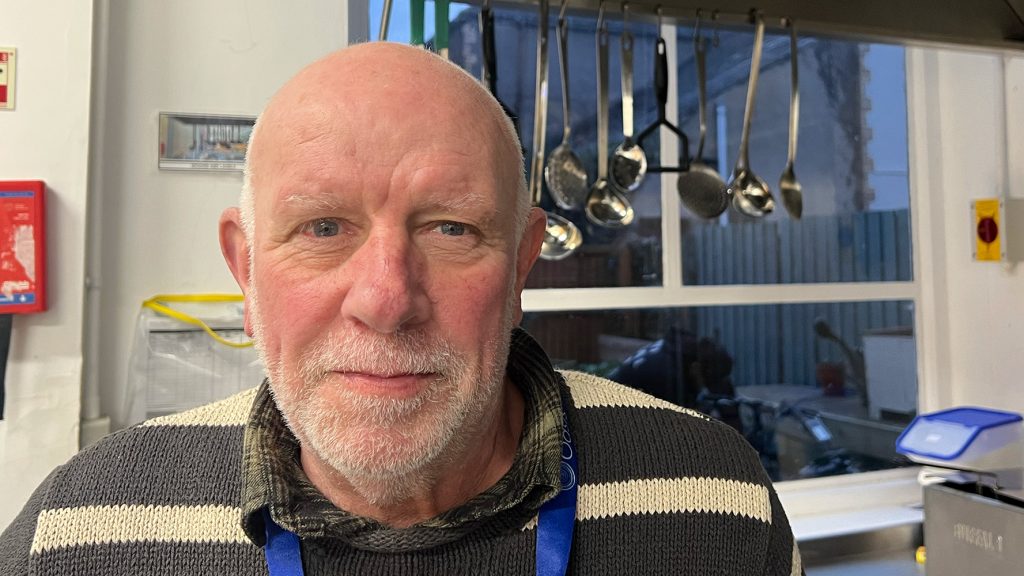As temperatures plummet and supermarket prices skyrocket – people find themselves needing help. They can be referred to a foodbank, but it’s not always easy.

Accessing a foodbank may be the critical help people in Cardiff may need this winter, but they need a referral. Citizens’ Advice Bureau, support services, charitable organisations need to evaluate a person’s needs before they can get emergency produce support.
“Open for clients only”- a notice on the websites of most of foodbank services. It means you need to either be an existing client or have a referral to come to the food collection point. Referrals are given out by local support organisations following an assessment. That means there is more than one step in accessing help when dealing with food insecurity.
Clare Hewlitt, is a support worker for Pobl a Wales-based organisation supporting people suffering from homelessness. She explains that the referral system exists for people to receive long-term support, if they find affording food difficult. Even if they only need the foodbank voucher once.
“Can you pay your bills? Are you affording what you need to pay for?… If they haven’t got the know-how to access the support that’s out there for them, we go and help”- says Clare Hewlitt about the evaluation process she goes through to be able to issue someone a foodbank voucher.

“There are people out there who are not aware of the help they can get, and its not well publicised how to get the help. Unless you put up information leaflets in multiple languages, go into communities – a lot of people will significantly struggle”- said Clare.
Council hubs all around Wales have tried making the process of receiving a foodbank vouchers more efficient. Anybody can come to their local council and ask for the needed assessment. In most cases, they will still first be referred to a support organisation, and only then to a foodbank.
Charities like Food Cycle take a different approach to helping. Instead of going through a referral process for every single client, they collect produce from foodbanks and distribute it to those in need in the form of cooked meals.
Prepared usually with the help of volunteers, hot meals are exactly the emergency support that is needed. They require a less complicated referral process, but require facilities and volunteers to produce enough food to satisfy a demand within communities.

“We do give foodbank vouchers in emergency situations, but we also cook food for about 150 people a day” – said Norman Gettings, who works at Oasis, a Cardiff charity that helps refugees and asylum seekers settle in Wales.
Oasis is offering lunches for their clients to provide immediate support amongst cost-of-living and the energy crisis. This project particularly aims to help the refugee community that may otherwise have less access to information due to social isolation and language barriers.
As a charity, Oasis is able to get funding that covers their electricity bills, that increased from cooking the lunches. Oasis are able to train volunteers to cook and contact foodbanks to source the produce. This is a luxury that many individuals don’t have this winter.

